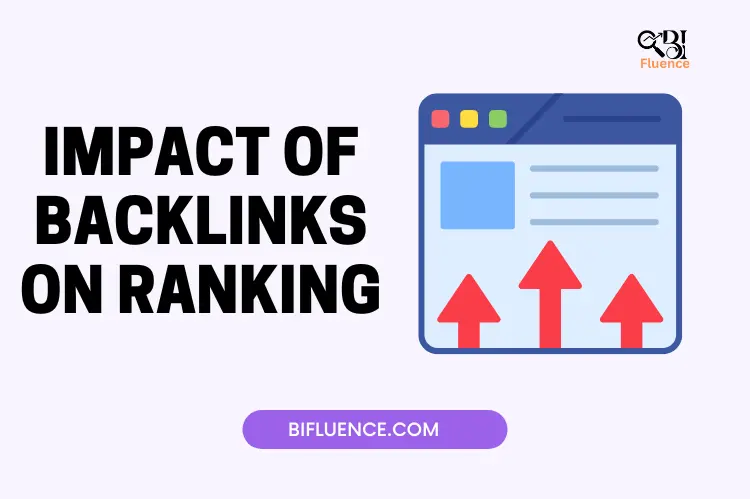
In the ever-evolving landscape of search engine optimization (SEO), the acquisition of high-quality, natural links remains a pivotal factor. These links, organically earned through exceptional content and genuine relationships, carry immense weight in determining a website’s search engine rankings. This article delves into the profound impact of natural links on search engine visibility, exploring their significance, acquisition strategies, and the long-term benefits they offer.
Understanding Natural Links
Natural links, often referred to as “editorial links,” are those earned organically through the creation of valuable, shareable content. These links are bestowed upon a website by other publishers, bloggers, or online authorities who find the content genuinely useful and relevant to their audience. Unlike artificially acquired or manipulative link-building tactics, natural links are an authentic endorsement of a website’s authority and credibility.
The SEO Impact of Natural Links
Search engines, such as Google, prioritize natural links as a strong signal of a website’s quality and trustworthiness. These links are viewed as “votes of confidence” from reputable sources, indicating that the linked content is valuable and deserving of visibility. Consequently, websites with a robust portfolio of natural links tend to rank higher in search engine results pages (SERPs) for relevant queries.
Quality Over Quantity
While the quantity of links plays a role, the true power lies in the quality of those links. A single high-authority, relevant link from a respected source can carry significantly more weight than numerous low-quality or irrelevant links. Search engines evaluate various factors, including the linking site’s authority, topical relevance, and the context in which the link is placed, to determine its value.
Building a Solid Link Profile
Cultivating a diverse and natural link profile requires a strategic approach. First and foremost, content creation is key. By consistently producing informative, engaging, and shareable content, websites increase their chances of earning natural links from authoritative sources within their industry or niche.
Moreover, fostering relationships with influential bloggers, industry experts, and online communities can open doors to valuable link opportunities. Collaborations, guest posting, and active participation in relevant online discussions can organically lead to natural link acquisitions.
Long-Term Benefits
The benefits of natural links extend far beyond initial rankings. These links contribute to a website’s long-term authority and credibility, solidifying its position as a trusted and valuable resource. As search engines continue to refine their algorithms, emphasizing quality and user experience, websites with a strong natural link profile will remain resilient and well-positioned for sustained success.
If you need any help regarding backlinks acquisition, contact the team at BiFluence, we will guide you through the whole process.
Conclusion
In the realm of SEO, the impact of natural links on search engine rankings cannot be overstated. These organic endorsements from reputable sources serve as a powerful testament to a website’s quality, relevance, and authority. By consistently producing exceptional content, fostering industry relationships, and embracing ethical link-building practices, websites can cultivate a robust natural link profile, elevating their visibility and establishing a lasting online presence.
FAQs:
Q: How do backlinks influence search engine rankings?
A: Backlinks influence search engine rankings by serving as endorsements of a website’s authority and relevance. High-quality backlinks from trusted sources signal credibility to search engines.
Q: What is the role of backlinks in search engine optimization (SEO)?
A: In SEO, backlinks play a crucial role in determining a website’s domain authority and topical relevance, which directly impacts search visibility and rankings.
Q: Do toxic backlinks affect SEO?
A: Yes, toxic backlinks from low-quality or spammy sources can negatively affect SEO and potentially lead to ranking penalties from search engines.
Q: What are the factors that influence search engine ranking?
A: Key factors influencing search engine rankings include content quality, backlink profile, technical SEO, user experience, and relevance to search queries.
Q: How powerful are backlinks?
A: Backlinks are extremely powerful in SEO. High-authority, relevant backlinks act as strong ranking signals and can significantly boost a website’s organic search performance.
